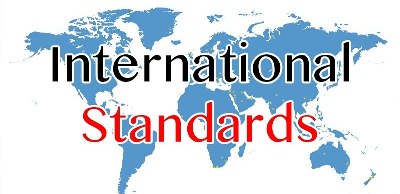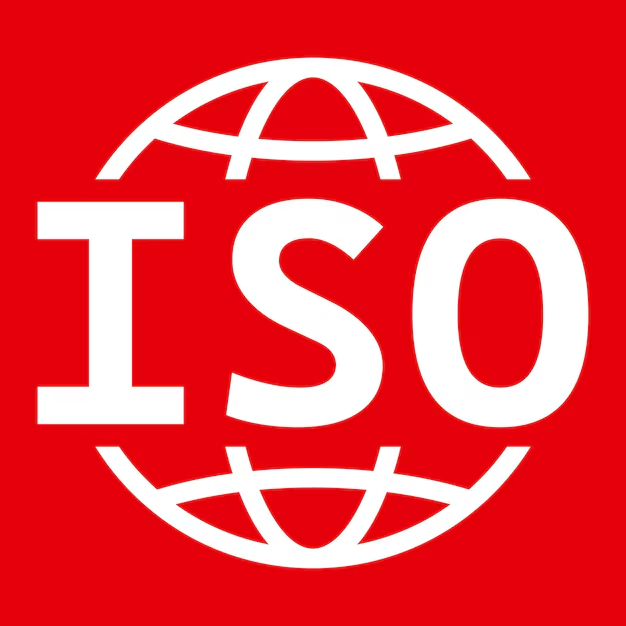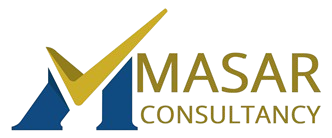International Standards

Overview: ISO 9001 is the world’s most recognized quality management standard. It provides a framework for organizations to ensure consistent quality in their products and services, increase efficiency, and enhance customer satisfaction.
Key Benefits: Enhances customer satisfaction by consistently meeting customer requirements, improves operational efficiency and reduces waste, supports continuous improvement across the organization.

Overview: ISO 22301 is designed to help organizations prepare for, respond to, and recover from disruptive incidents. It ensures the continuity of critical operations during crises by implementing a Business Continuity Management System (BCMS).
Key Benefits: Increases resilience and minimizes downtime during disruptions, provides a clear framework for managing business continuity risks, builds stakeholder trust through robust planning and recovery strategies.

Overview: ISO 31000 provides principles, a framework, and a process for managing risk. It is applicable to any organization, regardless of size, industry, or sector. This standard helps organizations identify, analyze, and address risks effectively to improve decision-making and ensure sustainability.
Key Benefits: Enhances decision-making by providing a structured approach to risk management, helps organizations address uncertainty and create value through a risk-aware culture, aligns risk management practices with strategic goals.

